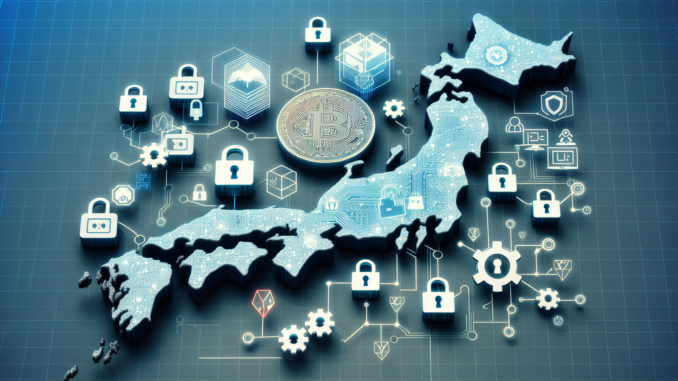
In a recent development, Japan has tightened its measures against illegal crypto exchanges. This decision could have far-reaching impacts on the crypto community and the global market. What is behind this decision and what consequences can be expected?
Background of Japanese Cryptocurrency Regulation
Japan is known for its progressive stance on cryptocurrencies and is considered one of the leading markets in the adoption of digital currencies. As early as 2017, Japan gained international recognition by officially acknowledging Bitcoin as a payment method. The Japanese Financial Services Agency (FSA) plays a central role in regulating the crypto market in the country. The FSA is particularly committed to regulating the market and protecting investors from fraud and risks associated with unregulated crypto exchanges.
The Current Measures
The FSA has recently taken steps to halt the operation of unregistered crypto exchanges in Japan. These exchanges operated without an official government license and therefore posed a significant risk to investors. The FSA emphasized in its statement that all crypto exchanges wishing to operate in the country must be registered. This measure is crucial to ensure that all exchanges comply with legal requirements and implement reliable security measures to protect investors.
Impact on the Global Crypto Market
Japan’s move to regulate crypto exchanges could serve as a blueprint for other countries facing similar challenges. In many countries, unregulated exchanges are a gray area that presents problems for both investors and governments. Japan’s restrictive approach could inspire governments worldwide to enact stricter regulations against illegal exchanges, thereby making the global crypto market safer.
Possible Impact on Investors
For investors, the tightening of regulations in Japan means both positive and negative developments. On the one hand, the registration requirement protects against fraudulent or insecure platforms and offers greater security when investing in cryptocurrencies. On the other hand, these measures could restrict access to certain exchanges, especially if they decide not to register or cannot meet the legal requirements.
In the long term, however, these measures are likely to strengthen confidence in the crypto market and potentially lead to an increase in trading volume. Security and transparency are essential factors for the growth and acceptance of cryptocurrencies among the general public.
Conclusion: Balancing Regulation and Innovation
Japan’s stricter measures against unregulated crypto exchanges mark a significant step in the evolution of the global crypto market and send a clear signal that safety and regulatory aspects must not be neglected. While it remains a challenge for exchanges, investors, and governments to find the right balance between regulation and encouraging innovations, Japan’s steps demonstrate that a regulated framework can also promote growth and development.
Overall, these measures could serve as a model for other countries and gradually make the crypto market more established and secure. While the reactions and adaptation processes on the global market are yet to be seen, one thing is certain: Japan’s decisions will be closely watched and could set the pace for future regulations in the crypto space.
Leave a Reply